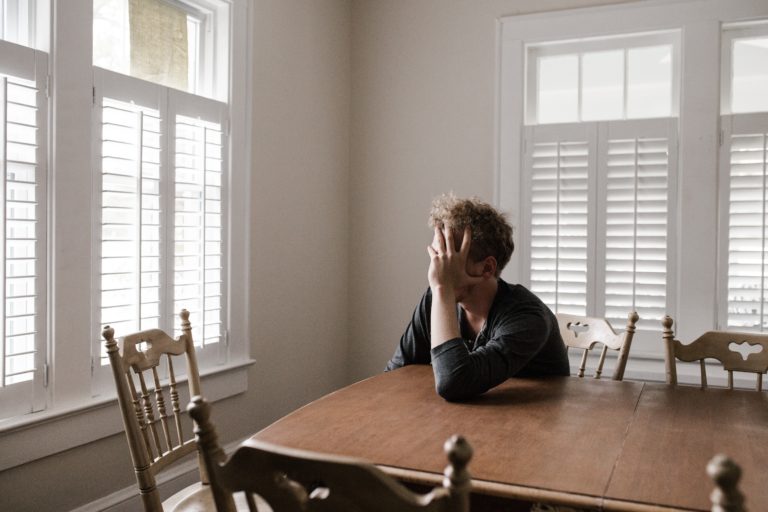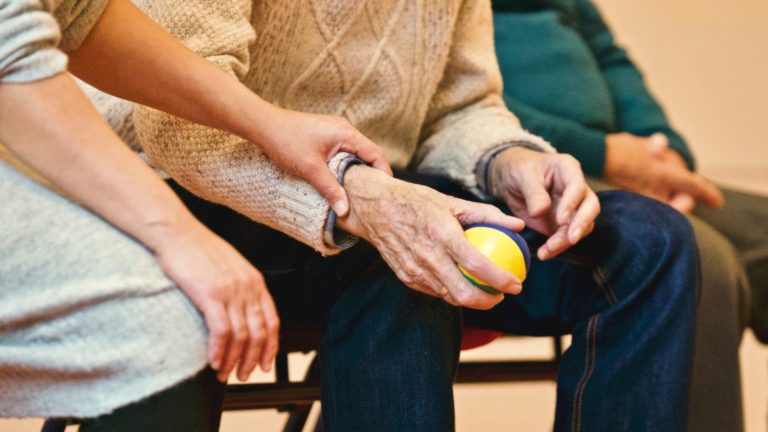
How Can I Combat the Social Isolation of Coronavirus?
Local and state governments are asking that we socially distance ourselves to prevent the spread of the coronavirus.
The CDC recommends that anyone who’s age 60 and older avoid crowds, and that those in a community with an outbreak remain at home as much as possible.
AARP’s recent article entitled “How to Fight the Social Isolation of Coronavirus” gives us some ideas to keep in mind to decrease the threat of social isolation and loneliness as the pandemic continues:
- Social isolation and loneliness are significant health issues. These related conditions impact a great number of adults in the U.S. It is thought of as being the equivalent of smoking 15 cigarettes a day! According to research from the National Academies of Sciences, Engineering and Medicine, 43% of adults over 60 in the U.S. reported feeling lonely.
- Prepare and stay in contact. It’s crucial that we talk to family and friends to develop a plan to safely stay in regular touch, as we socially distance ourselves—or if required to self-quarantine for a possible exposure or are in isolation for a COVID-19 infection. This should confirm whom you can contact, if you need help getting food, medicine and other supplies.
- Find helpful organizations. Create a list of charitable and other local organizations that you or the people in your plan can contact, if access is needed to information, health care services, support and resources.
- Don’t forget about pets. Pets are a great source of love and companionship, and they can help combat loneliness. In fact, some pets have been linked with owners’ longevity. Just as you need to be sure you have enough supplies for you and family, be stocked with food and other supplies for your furry friends.
- Keep in mind those who are at the greatest risk for social isolation and loneliness. People with the highest risk of serious illness from COVID-19 and who should be the most aware of social distancing, will also be the most at risk of increased social isolation and loneliness. While planning is important, know that many individuals will likely experience increased social isolation and loneliness.
Reaching out to friends, family, and neighbors can help protect all of us from COVID-19, as well as social isolation and loneliness.
Reference: AARP (March 16, 2020) “How to Fight the Social Isolation of Coronavirus”

